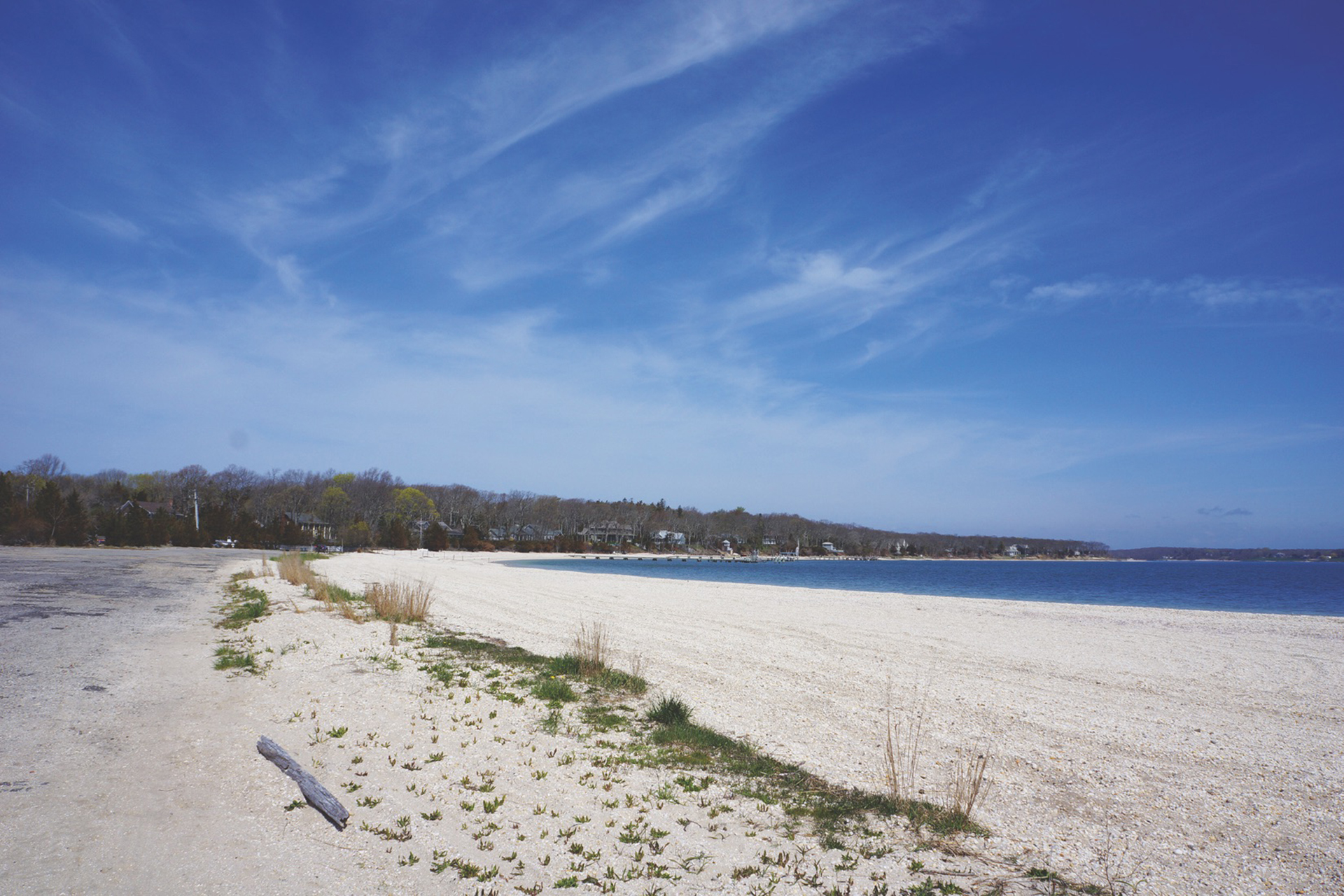Cedar Beach To Undergo Restoration

Cedar Beach Creek in Southold will receive $480,000 in federal funding for a restoration project, Congressman Lee Zeldin announced earlier this month. He said it will enhance three critical marine habitats in the Peconic Estuary, designated by the Environmental Protection Agency as an Estuary of National Significance.
According to a Habitat Restoration Plan prepared by the Peconic Estuary Program in 2017, the project will restore ecosystem features in a “degraded” marsh area that has faced erosion challenges. The project will restore and create more than 19.5 acres of salt marsh and marsh islands through the use of clean dredged material; create new oyster reefs and 1.7-acres of new seagrass meadow; and improve three acres of new open water habitat through increased and improved flushing, according to a press release issued by the U.S. Army Corps of Engineers.
“In a district nearly completely surrounded by water, we have a unique responsibility to safeguard our local environment,” Zeldin said in a press release. “An important component of our community’s ecosystem is our area’s wetlands and salt marshes, which protect our shores from erosion, reduce the impact of flooding, absorb pollutants, and protect water quality.”
Since 1930, significant marsh loss and degradation from erosion and past filling activities has occurred at the beach and completion of this project will greatly enhance the 65-acre marsh. The estimated feasibility federal cost is $480,000, while the estimated non-federal cost is $248,782, and the total project cost is $728,782.
Southold Town Supervisor Scott Russell says the project will restore a vital East End ecosystem. “It will also serve as a model that can be applied to other areas,” he said.
Cornell Cooperative Extension of Suffolk County, which has a structure dedicated to research at Cedar Beach, is the project grantee, and will implement the restoration with the New York District in coordination with the Suffolk County Parks and the Peconic Estuary Program. Cornell also operates a marine education themed summer camp for children at the location.
“Continual coordination between the three Long Island programs to communicate the major water quality issues facing Long Island coastal waters and the on-going development of solutions to these issues is of the utmost importance to the future of these water bodies and Long Island communities,” said PEP Executive Director Joyce Novak in a press release.
jade@indyeastend.com



